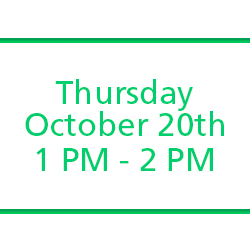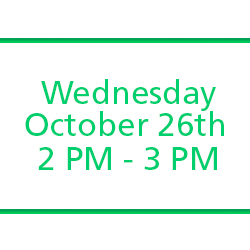I’m off to guide a team retreat – and last night, to prepare, I created a swear jar. You know – the kind where if you say a bad word, you add a predetermined amount of money to the jar, creating a small (and visible) penalty with the goal of helping you break your habit of less than savory language.
We’ll do the same in the retreat, however the swear words won’t be the typical four letter words we think of. The words we will be creating mindfulness about, in the quest to eradicate them from our vocabulary, are words you use all the time. As do I.
These are words that undermine our effectiveness. Our personal agency. That negate our momentum toward positive action.
Changing Your Vocabulary
What are the words that will cause loose change to move from pocket to swear jar? The list includes:
- Have to
- Need to
- Should
- Might
- Need to be more
- Should be more
- Wish I could
- Wish I had
- Maybe I will
Just say aloud these sentence pairs – and you’ll experience the difference:
“I have to go to work.” …… “I choose to go to work.”
“I need to clean the house.” …… “I am going to clean the house.”
“I should spend more time exercising.” …….. “I will spend more time exercising.”
“I might go back to school.” …… “How might I be able to go back to school?”
“I wish I would have spoken up.”……”I will speak up in the future.”
As you say them aloud, did you notice the shift to action, to possibility, to commitment, to accountability? The shift is huge and as we change our words we also change our thinking. Different thinking yields different results.
Even moving into wonderment or curiosity is a powerful step forward. You might not be at the point of making a commitment to the “big” thing – but you can commit to exploring it. Again, notice the shift in energy, focus and action in these two statements.
“I should make more money.” …… “How might I create more income?” or “In what ways could I have more disposable income?”
Perhaps you might want to create your own swear jar…..and explore what happens when you move your language from weak thoughts to powerful thoughts. To help you, here is a list of both types – and some typical examples.
The Power of a Word |
|
| Weak Words | Powerful Words |
| I have to …
I need to… I should… I might…. I need to be more… I should be more….. I wish I would have… I wish I could…. Maybe I will….. |
I am….
I choose to…. I am choosing…. What can I ….? How can I…..? I wonder….. I wonder how I could…..? How might we…? I will…. |
| Examples | |
| I have to go to this meeting. | I am going to this meeting. |
| I need to finish that project. | I choose to finish that work. |
| I should get to work earlier. | I am choosing to come to work earlier. |
| I might leave work on time. | I will leave work on time. |
| I need to be more creative. | How can I be more creative? |
| I should be more proactive. | I wonder how I could be more proactive. |
| I wish I would have spoken up. | I will speak up in the future. |
| I wish I could know more about that subject. | How might I learn more about that subject? |
| Maybe I will set better boundaries at work. | I am choosing to set better boundaries at work. |
Join me for a complimentary webinar called “Passing the Torch: Three Strategies to Develop the Leadership Your Community Needs” on October 20th or 26th. Register by clicking the date that works best for you. I hope to see you there!
 |
 |
Save
Save
Save
Save





One Response
This is one of my favorite concepts in how we use language.
I believe a few years ago Jamie Lee Curtis wrote a children book that addresses children changing their language from “have to” and “should” to “will” and “can”
A wonderful way to re-work our language, our brain, our approach to life.
We are not martyrs to our lives. We are creators.
thanks so much for this column!
Comments are closed.